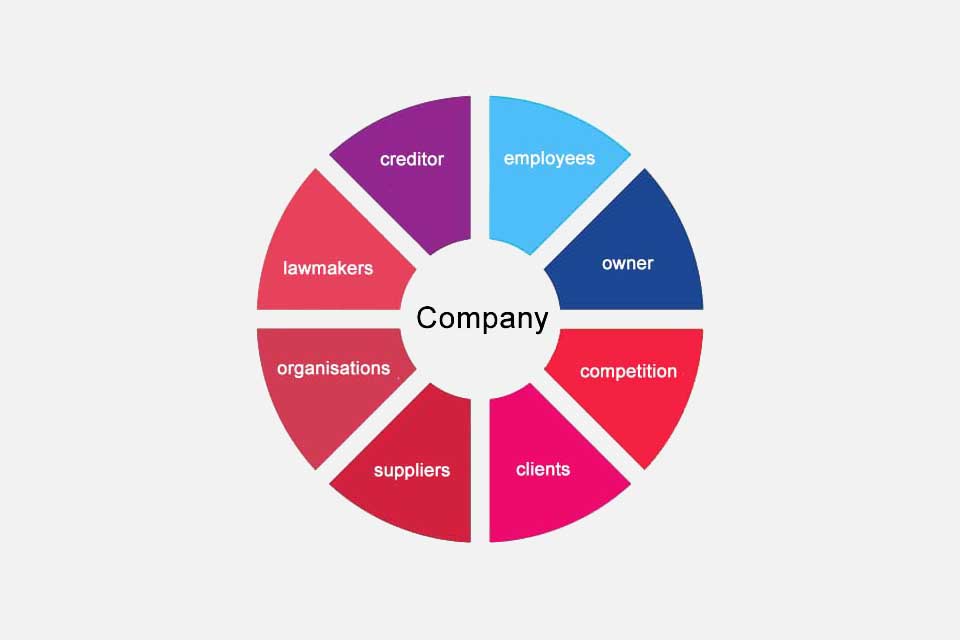What is a Field Observation?
Smartpedia: Field observation provides insights into behaviour, activities and processes by observing targeted individuals – with their consent – in their working environment.
Looking over the shoulders of targeted persons
Field observation is a variant of field research that attempts to observe a targeted person or a group of targeted persons in their environment in order to gain insights into behaviour, activities and processes. It is used in numerous fields such as psychology, educational science or sociology. Field observation is also used in the course of companies, e.g. in order to
- determine the organisation of work steps and workplaces.
- indentify work stages, levels of capacity utilisation and stress at the workplace.
- recognise how teams work.
- evaluate the effort required to carry out activities.
- identify the materials and quantities required to carry out activities.
- detect communication types and frequencies.
The knowledge gained can be used in various disciplines: In requirements engineering, for example, they help to derive requirements for software and systems; in process organisation, they offer the opportunity to optimise and automate workflows; and in occupational health and safety, they enable the definition of safety measures, etc.
Types of field observation
In field observation, there are two typical representatives or species:
- In continuous observation, the environment, working conditions and working methods of a user, stakeholder or employee are observed over a defined, longer period of time. The findings are usually documented in writing. Documentation by video or sound recording is also conceivable, but should always be discussed explicitly with the targeted person in advance.
- In the sampling procedure – also referred to in the context of field observation as multi-sampling – information is obtained through observations at pre-defined intervals. The significance of the information obtained must then be determined statistically and stochastically.
A variant of field research is Apprenticing, in which an apprentice carries out the user’s activities under the supervision of a user in order to gather more knowledge.
Changes in behaviour during field observations
Field observations often reveal that targeted persons change their behaviour – consciously or unconsciously. Particularly in the case of long-term observations, this adaptation of behaviour (and also the initial uncertainty of the targeted person) levels off over time. However, since long-term observation is often perceived as a psychological burden, targets should be informed very precisely about the duration and approach. In principle, it is recommended to agree on the dates of the field observation together, to communicate openly with each other and to highlight the advantages for the targeted person. Working with “known” observers or reversing the observation during apprenticing also helps to reduce nervousness.
Notes:
If you like the article or want to discuss it, please feel free to share it in your network. And if you have any comments, please do not hesitate to send us a message.
Here you will find an interesting article on promoting psychological safety.
And here you will find additional information from our Smartpedia section:



